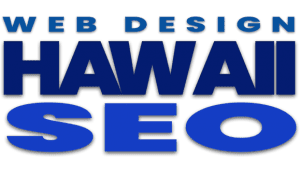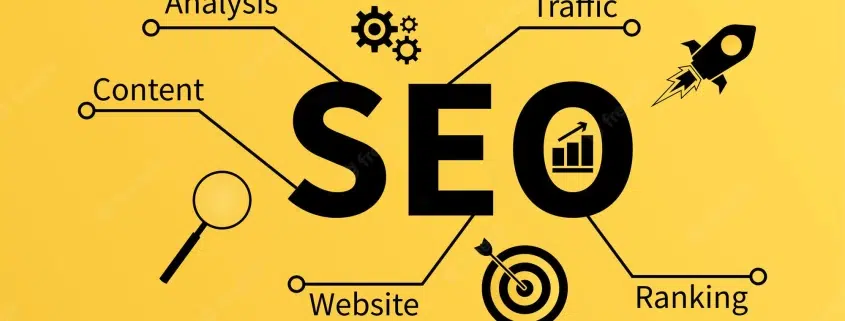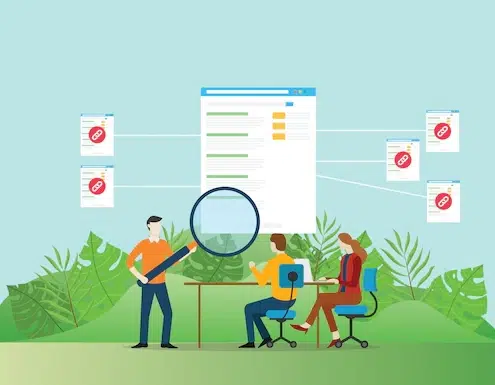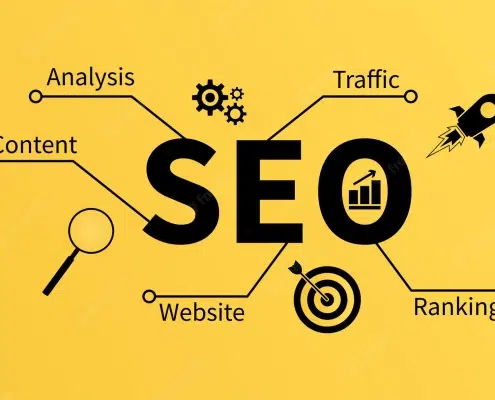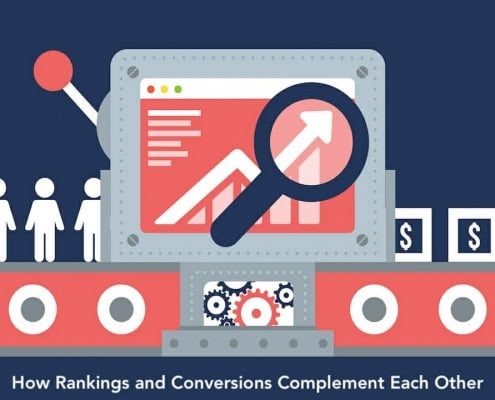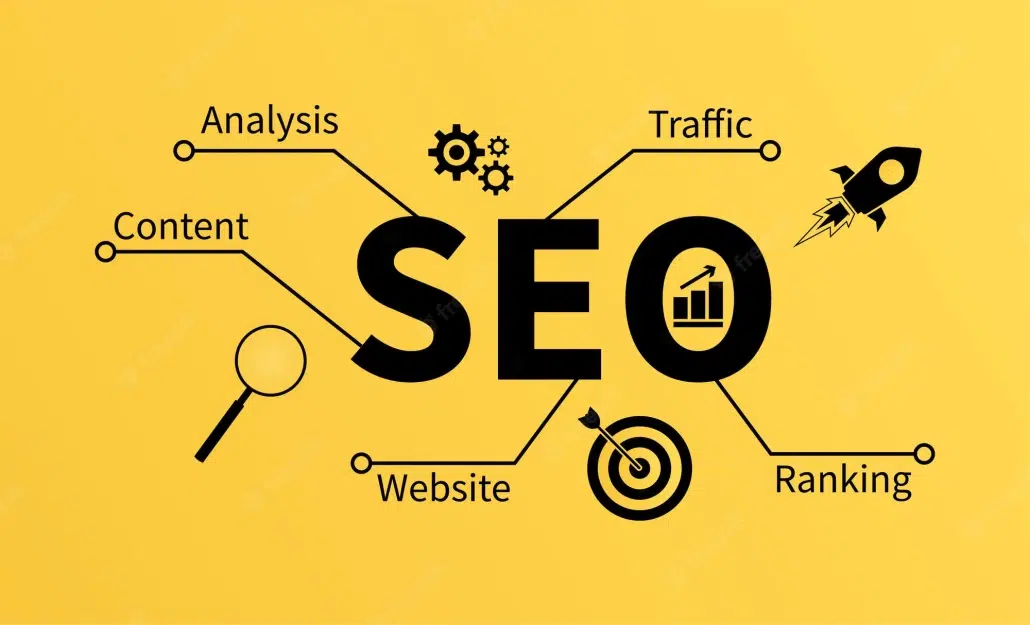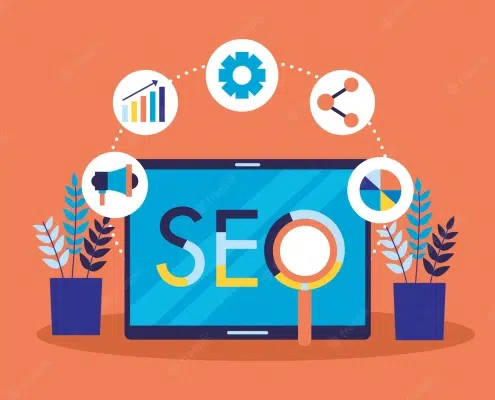Google Ranking Factors 2022
Do you need to get your site to the highest point of Google’s search lists? You can make it happen — assuming you can comprehend the strategies to rank in 2022. Google sometimes likes to stay mute on how it runs its algorithms; getting your site to rank high on Google isn’t too secure as it might appear to be. We have been able to detect and unveil the code and have a lot of SEO contextual cases to demonstrate it.
At Hawaii SEO Web design, we are web index criminal investigators, sleuthing out every one of the conceivable positioning elements Google utilizes. In any case, we don’t do it single-handedly! We gather lots of information and use industry-driving SEO tools and our exclusive information stage to assist with disentangling the extraordinary secret of the computerized age that is Google’s calculation for positioning elements.

An incredible 97 percent of individuals DON’T click past the first page of results.
Instead, not break it to you, yet on the off chance that you’re not on the top page of Google, you’re losing deals to your rivals. Try as much as possible to remember the last time you did this; I bet you wouldn’t.
Justifiably, most businesses aspire to get their business to rank higher on Google, preferably in the initial three listings. To do this, you must genuinely comprehend the Google positioning signs and streamline your pages for the most apparent opportunity to be shown to likely clients.
What are the Factors that Determine Google Ranking Searches?
After much research and findings, SEO experts have discovered some essential tools used by Google algorithms to make sites rank high on search engines. Google knows what the mechanics are to produce high rankings take effect, but thanks to the SEO specialists, they have been able to make this happen.
Over 200 factors that Google uses to make this happen, but let me point out a few.
They are;
- Quality content creation
- Keyword usage
- Content length
- Optimized pages
- Quality backlinks
- Mobile friendly
- Voice and digital assets
- Page speed
- Encryption
- Domain age
Quality content creation

Content is king! And the importance of content in structuring our SEO can’t be overemphasized. You need quality content when routing for SEO in other to make your page rank on Google search. The more unique and quality your content is, the more your content is likely to rank. Creating content isn’t just about putting out anything for views. A lot goes into content writing, which is why understanding structure is essential before concentrating so much effort on content.
Keyword usage
The importance of keyword usage is to improve user experience. Keyword usage helps detect and filter multiple usages of words that mean the same thing. A pure understanding of keyword usage will help you understand SEO better.
Content length
Notwithstanding, content length is also a parameter for making your site rank on Google search. At least the most petite length for your content should be 1000 words and above.

Optimized pages
Photo structure and compositions are fundamental when ensuring that your site ranks, even when working with graphical representations. When shooting for SEO rankings on Google, you should always set your pictures appropriately.
Quality backlinks
Backlinks are always known to influence your rankings for SEO. Promoting backlinks are also vital for SEO rankings. You can always share backlinks from social media pages or get backlinks from other blog articles on the web.
Mobile friendly
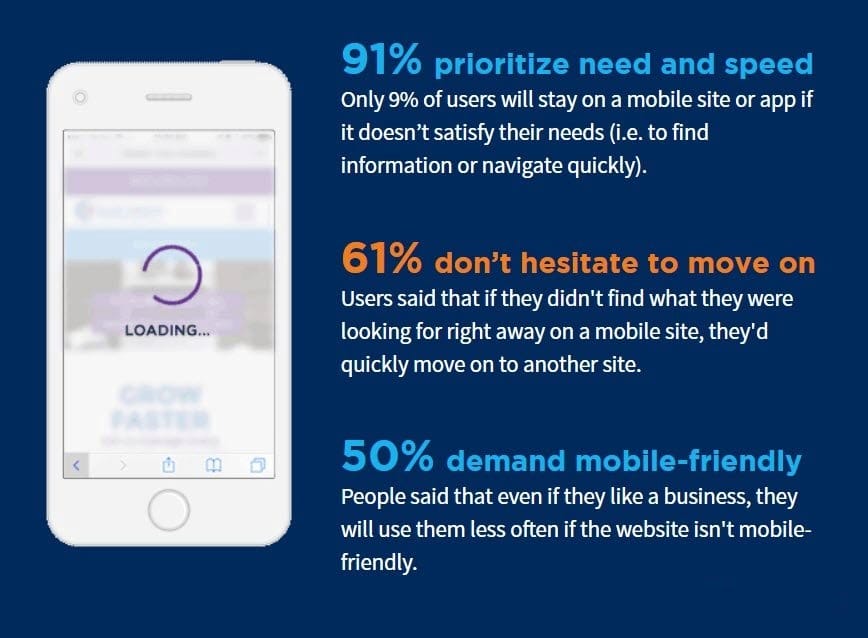 The versatile first list implies Google will start putting together rankings based on how it fits in with a mobile version instead of just desktop access. Google is yet to perfect this testing, but when it launches, it will shake the SEO world as website admins and SEO specialists race to adjust their substance to a versatile crowd.
The versatile first list implies Google will start putting together rankings based on how it fits in with a mobile version instead of just desktop access. Google is yet to perfect this testing, but when it launches, it will shake the SEO world as website admins and SEO specialists race to adjust their substance to a versatile crowd.
Google revealed that 40 percent of mobile searches have local intent, making it an essential area of opportunity for businesses in the home services industry! Resisting the change to prioritize your site’s mobile version will hurt your business in the long run.
Voice and digital assets
One more enormous thing to adjust your SEO systems for is voice search and advanced resources such as digital assets. 1 out of 5 searches on Google comes from voice questions, and we’re anticipating a more significant shift toward that before long.
Page speed
If you want to have a massive direction for your site to rank high, you must work on the speed of your site. It improves performance levels and optimization for your site. And also, the ability for your site to rank high in SEO.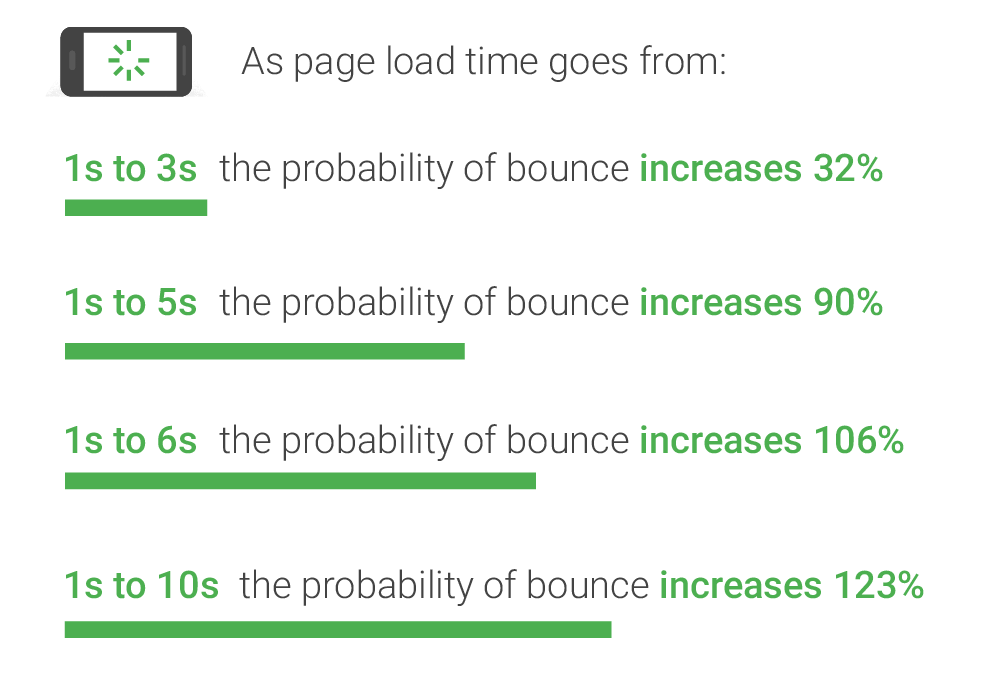
Encryption
Site security is essential. If your site isn’t protected enough, the ability for such a site to rank is below average. If it is not well secured, Google will flag such sites as not being attached – to protect you, the user. You can find the encryption on the top left side of the site.
Domain age
Although, it takes a lot of time to grow a new website. But with age and time, your domain can always grow and start attracting the leads and traffic it deserves, and this is what is meant by domain age – as it is a different setting when as the days grow, maturity takes place with your site to make it more accessible.
Schema markup
Schema markup is organized information added to sites that make it simpler for web search tools to decipher content. Exhausting, correct? Well, pay attention to this: collected information can further develop an active visitor clicking percentage (CTR) by 30%! Adding pattern markup with the assistance of websites can assist with the leads coming in.
Every business wants to rank on the first page of Google, but it requires skill and patience to make it work. You don’t want to lose out when you know you have just what the customers want. SEO is the key to making this happen and is the future of traffic generators for every business that wants to push for maximum and exponential growth.
